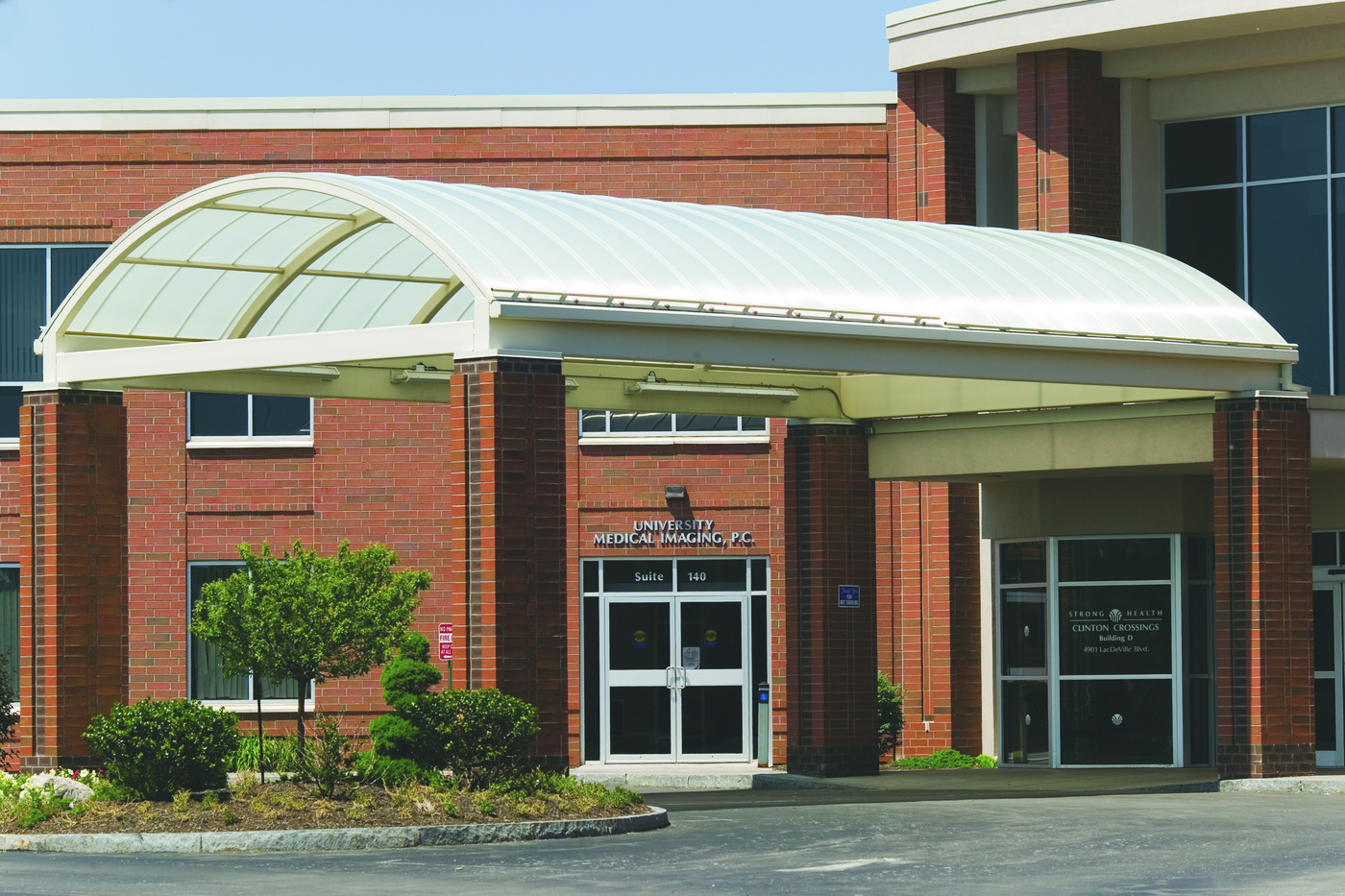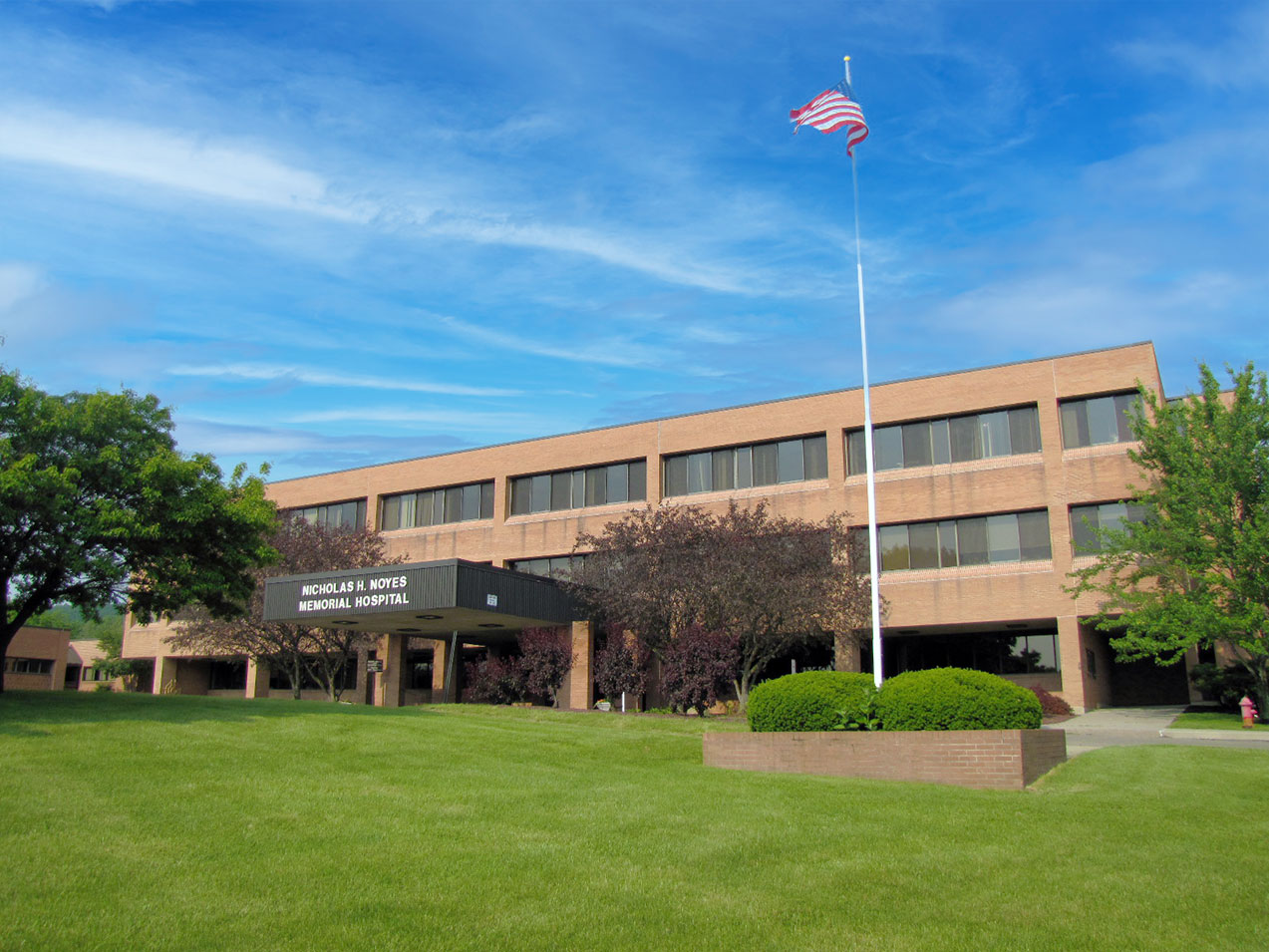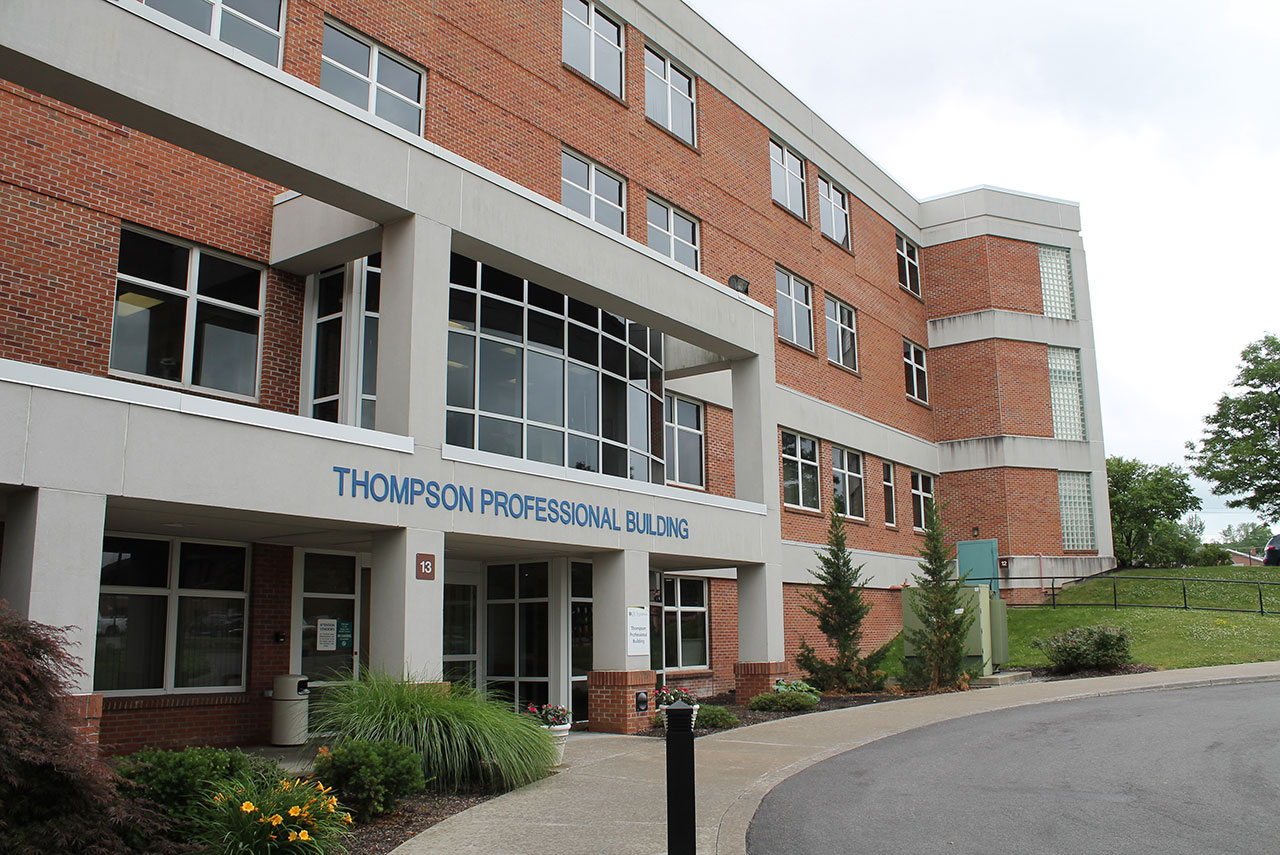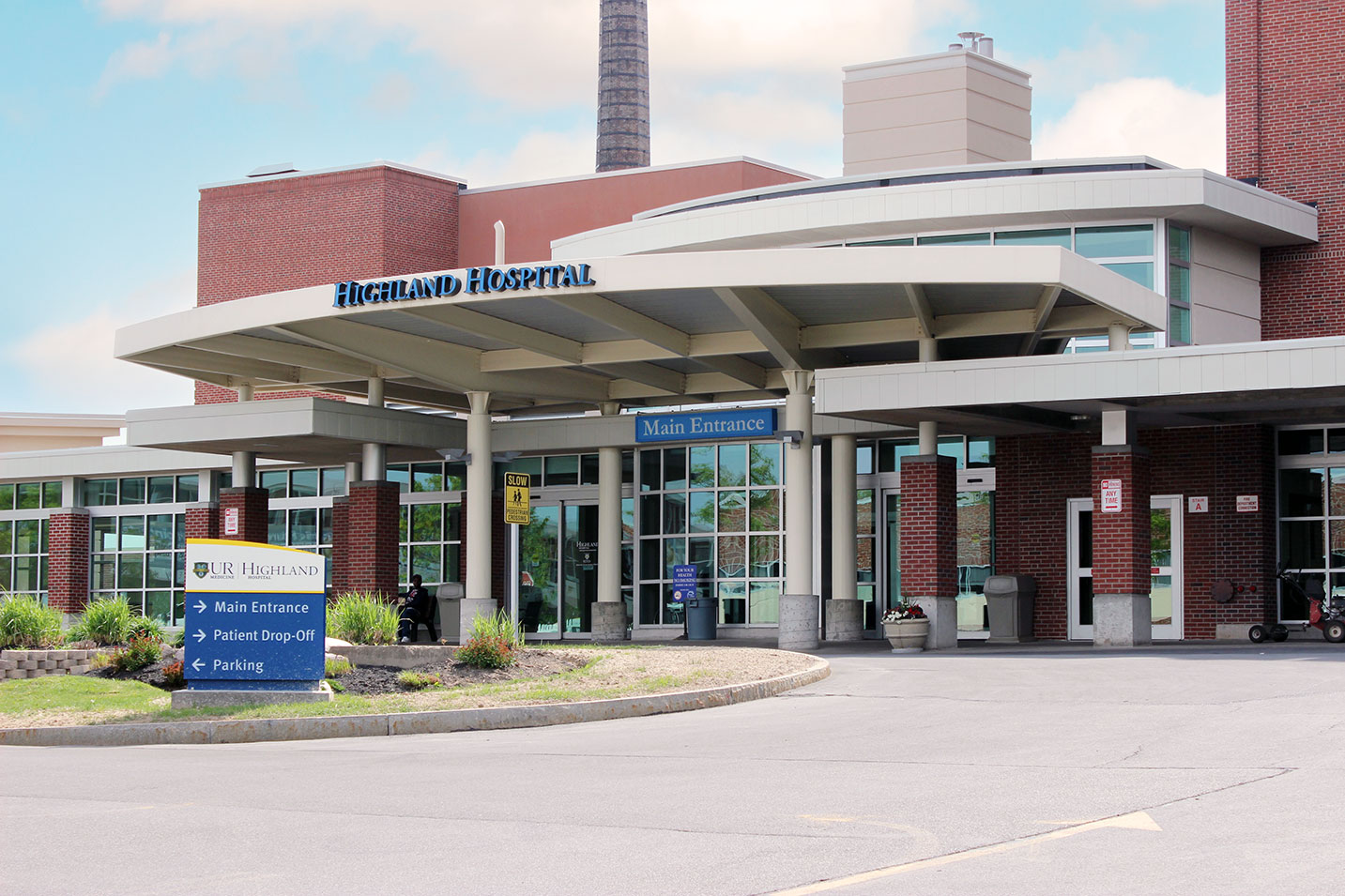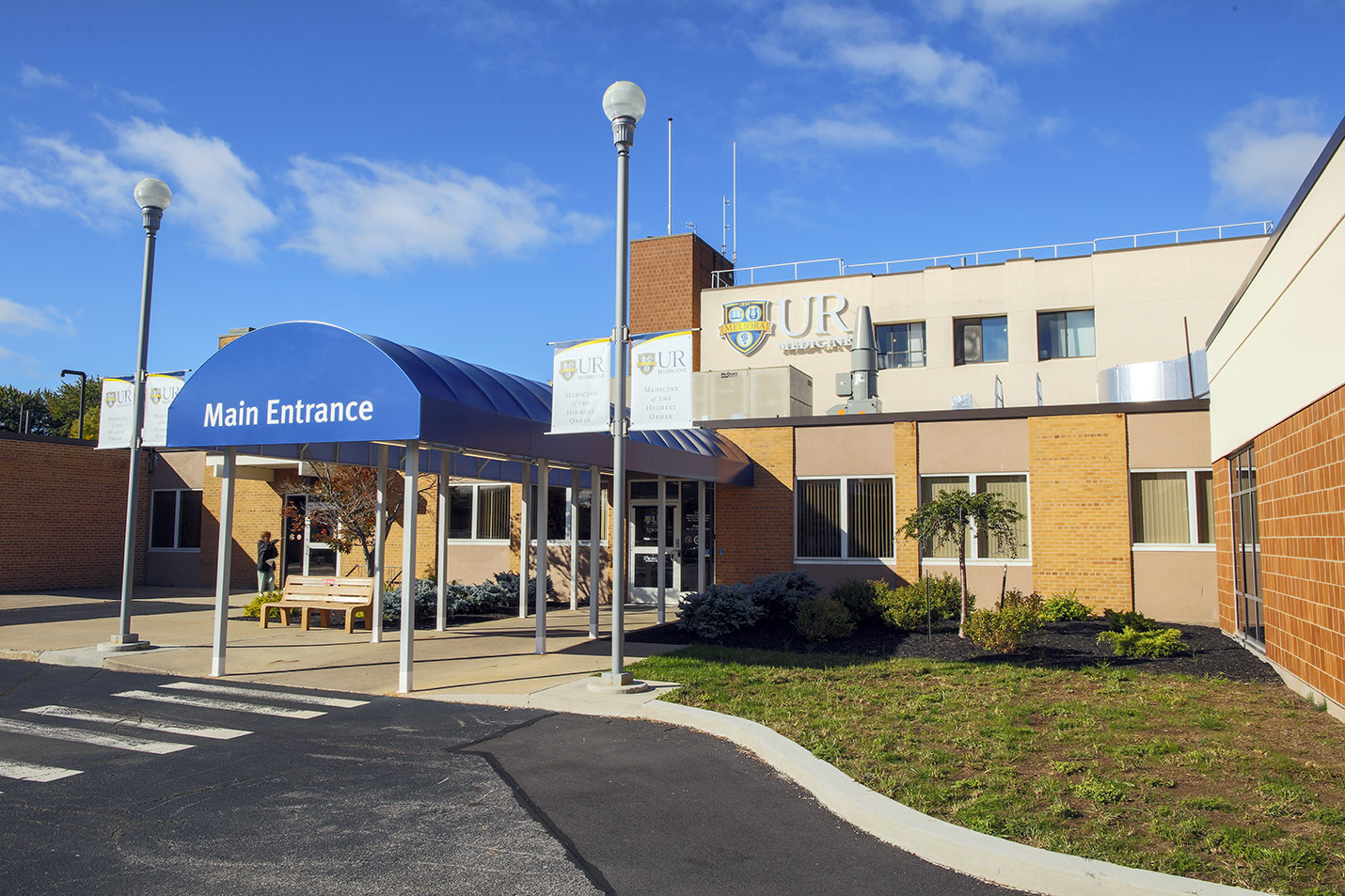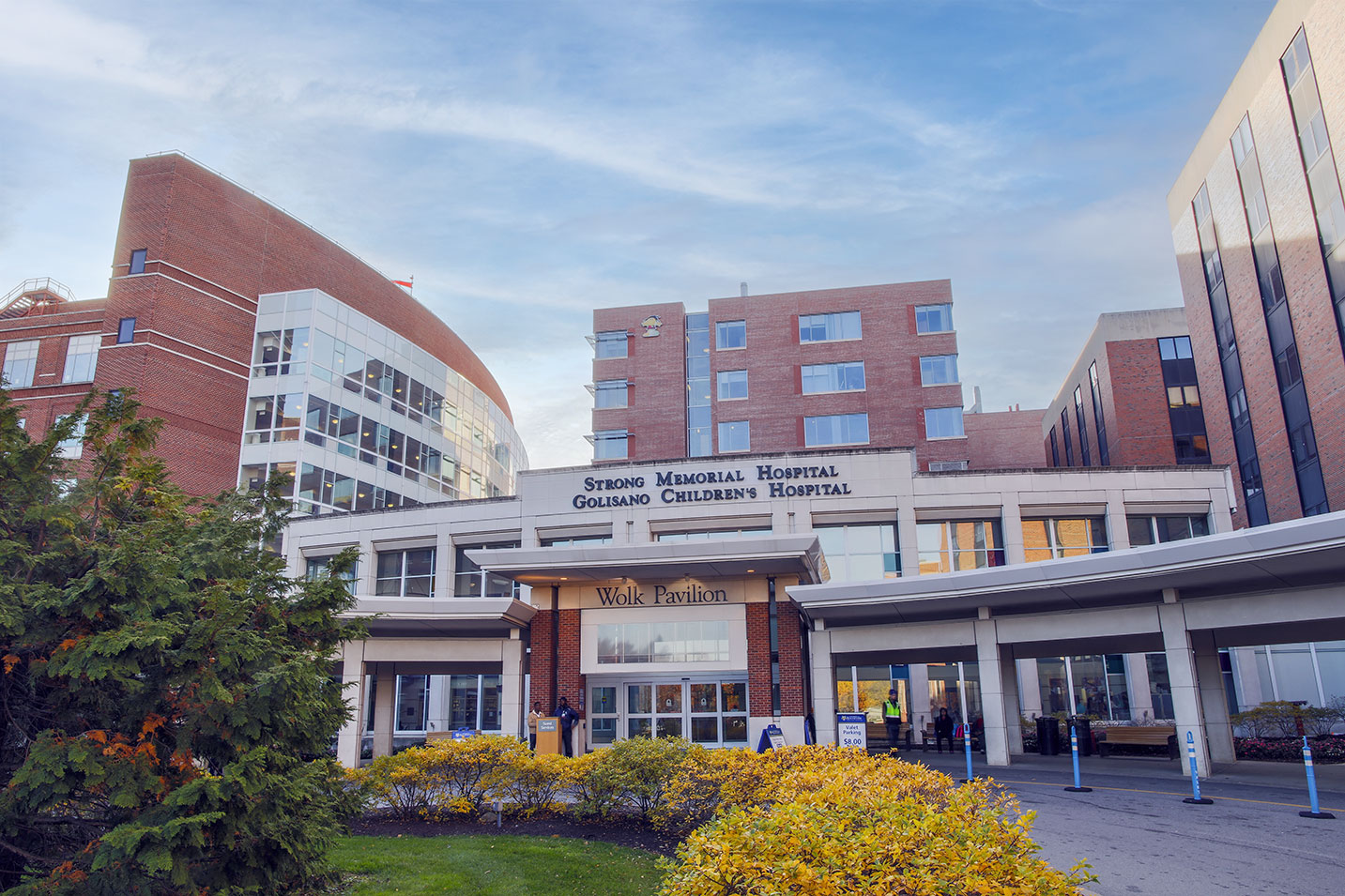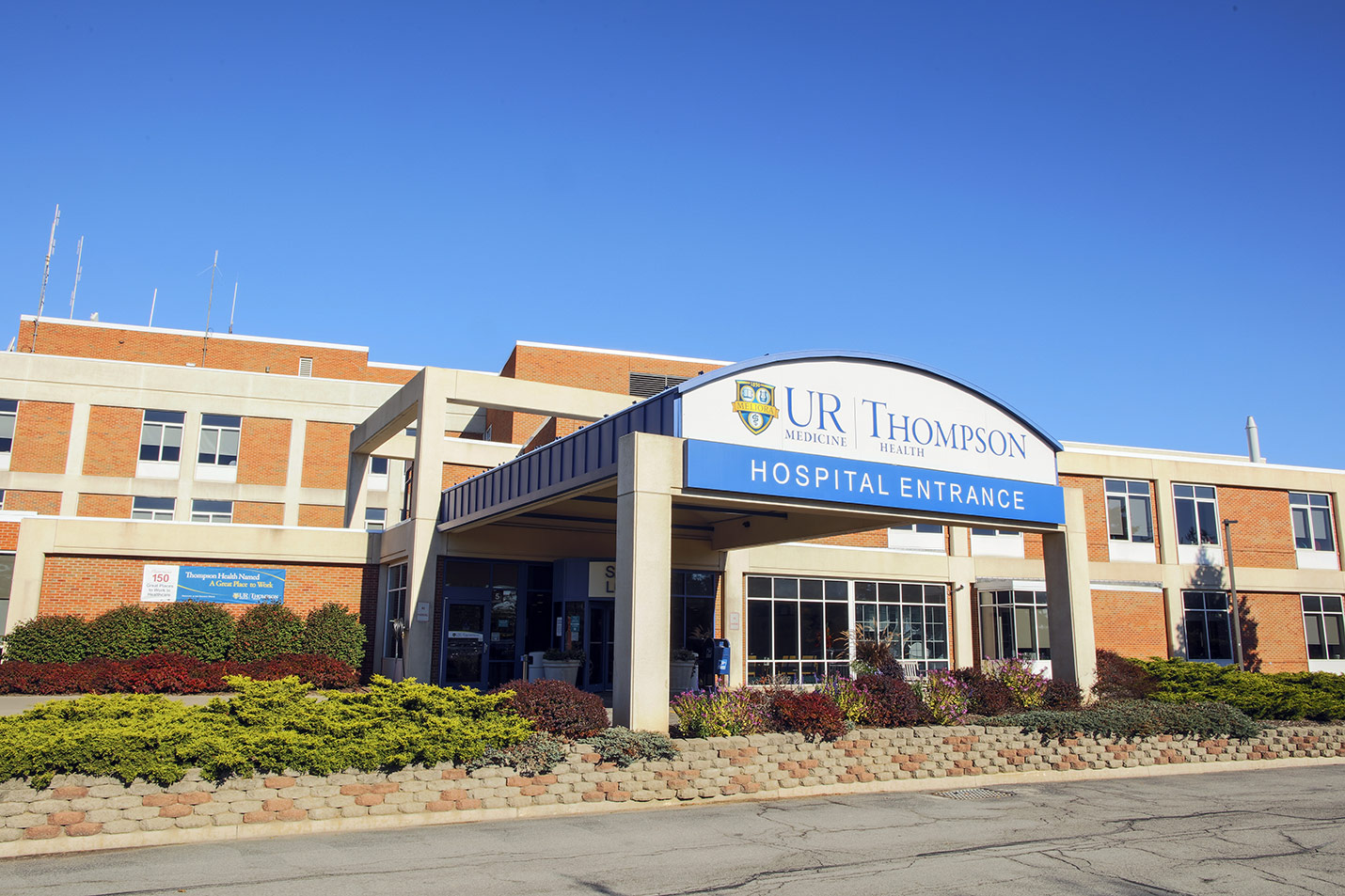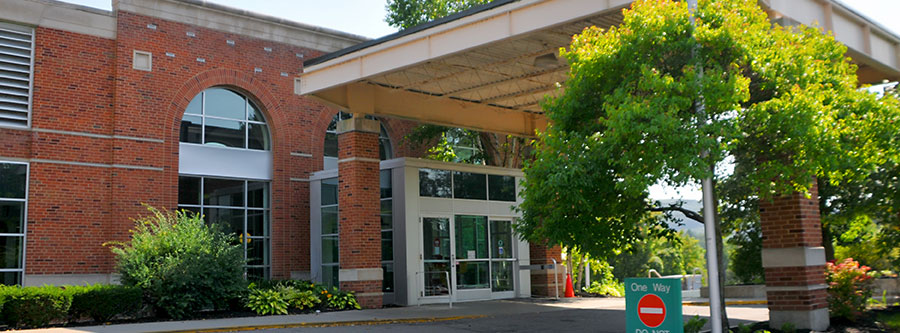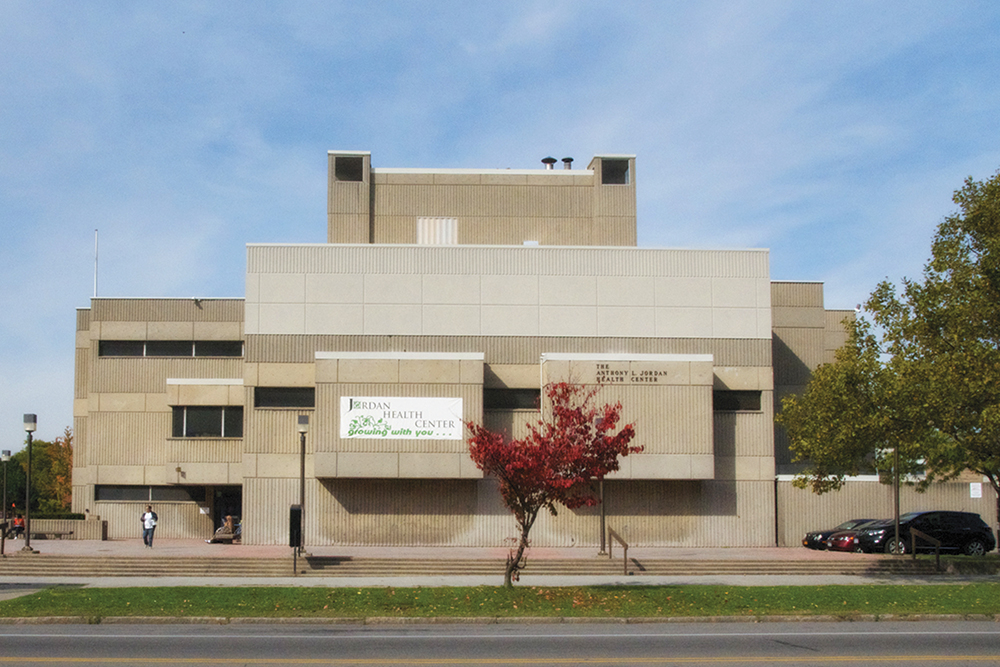Arrhythmias
Make Appointments & Get Care
What are Arrhythmias?
An arrhythmia indicates there is an abnormality of the heart’s natural heart rhythm. There are many kinds of arrhythmias. Sometimes, the heart beats too quickly or too slowly. Other times, there may be an irregularity in the heartbeat.
Symptoms of Arrhythmia
Not all arrhythmias cause symptoms which you can feel. Or you might experience:
- Palpitations
- Rapid heartbeat
- Feeling that your heart skips a beat
- Fainting
- Dizziness
- Lightheadedness
- Shortness of breath
- Discomfort in your chest
- Fatigue or weakness
UR Medicine's Treatments for Arrhythmias
- Ambulatory cardiac monitoring: UR Medicine can monitor your heart's activity while you go about your daily activities. Multiple types of monitors are available, with varying duration to monitor the heart rhythm. This helps to diagnose what arrythmias you may be experiencing and determine the best treatment.
- Medication: For many patients, this may be all that’s needed to control a heart rhythm disorder.
- Pacemakers: These devices treat bradycardia, or slow heartbeat, to help your body maintain a normal heart rate.
- Atrial fibrillation ablation: A thin catheter (tube) is threaded through a blood vessel in the thigh and up to the heart, and high-frequency electrical energy is used to block the abnormal electrical activity. After the procedure, many patients experience a significant reduction or may never experience arrhythmia symptoms again.
- Implantable cardiac defibrillators: Certain heart rhythm disorders put patients at risk of their heart suddenly beating in a dangerous, life-threatening rhythm. An implantable defibrillator can reset the heart's rhythm if this happens.
- Ventricular tachycardia (VT) ablation: A fast heartbeat that can’t be managed with medication can often be helped through VT ablation. A catheter is inserted and directed up to the heart, and energy charges are delivered to the faulty area of the heart to inactivate the abnormal tissue.
Patient Stories
Her Heart Stopped
Brynn Taylor was born with a rare, life-threatening heart defect. Weighing just 2 pounds at birth, Brynn would need to wait until she weighed 5 pounds to have open-heart surgery at UR Medicine's Golisano Children's Hospital.
What Sets Us Apart?
UR Medicine Cardiac Care is a world leader in heart rhythm disorders. Doctors here led research that has changed the way arrhythmias are treated around the world.
Other medical centers use our guidelines when deciding which patients need treatment for serious cardiac rhythm problems. We offer the most advanced and effective treatments for heart rhythm disorders and perform more of them than any other hospital in the Rochester metropolitan area and surrounding region. In many cases, the treatments we provide are unavailable elsewhere.
We have three fully equipped labs for ablation and device implants. These labs are staffed by nurses and technicians who work exclusively on heart rhythm disorders. Our newest lab provides robotic navigation for radiofrequency ablation, giving our patients even greater precision, safety and versatility.
The Hereditary Arrhythmia Clinic at UR Medicine
The Hereditary Arrhythmia Clinic at UR Medicine is one of only a handful of centers in worldwide that provides comprehensive management of patients who have hereditary rhythm disorders—as well as serving their families. Our clinic can provide treatments and recommendations including medication, defibrillator implantation and lifestyle modifications.
Our translational research team has established the world’s oldest and largest registry of patients with Long QT Syndrome, the International LQTS Registry. Our clinician scientists work with patients in this registry to discover causes of LQTS, develop new diagnostic tests for LQTS and identify new therapies.
Locations
View All LocationsWe serve you in the Rochester metropolitan area and surrounding region.
View All Locations24 locations
Clinton Crossings, Building G
2400 South Clinton Avenue, 1st Floor
Rochester, NY 14618
Noyes Memorial Hospital
111 Cara Barton Street
Dansville, NY 14437
Thompson Professional Building
395 West Street, Suite 307
Canandaigua, NY 14424
Finger Lakes Cardiology
410 Clifton Springs Professional Park
Clifton Springs, NY 14432
48 East South Street, 2nd Floor
Geneseo, NY 14454
Highland Hospital
1000 South Avenue
Rochester, NY 14620
999 East Ridge Road, Suite 1000
Rochester, NY 14621
Eastside Family YMCA
1835 Fairport Nine Mile Point Road, Suite 200
Penfield, NY 14526
Calkins Corporate Park (Red Creek)
600 Red Creek Drive, Suite 100
Rochester, NY 14623
Lifecare Medical Associates
1991 Balsley Road
Seneca Falls, NY 13148
Strong West
156 West Avenue, 3rd Floor
Brockport, NY 14420
Jones Memorial Hospital
191 North Main Street, 3rd floor
Wellsville, NY 14895
Strong Memorial Hospital
601 Elmwood Avenue, Ground Floor, G-1200
Rochester, NY 14620
St. James Medical Office Building, Entrance C
7309 Seneca Road North, Suite 104
Hornell, NY 14843
Canal View Office Complex
140 Canal View Boulevard, Suite 104
Rochester, NY 14623
Ambulatory Care Center at Strong Memorial Hospital
601 Elmwood Avenue, Ground Floor
Rochester, NY 14626
Canal View Office Complex
140 Canal View Boulevard, Suite 102
Rochester, NY 14623
FF Thompson Hospital
350 Parrish Street
Canandaigua, NY 14424
Jones Memorial Hospital
191 North Main Street
Wellsville, NY 14895
Anthony L. Jordan Health Center
82 Holland Street
Rochester, NY 14605
84 Canal Street, Suite 8
Big Flats, NY 14814
